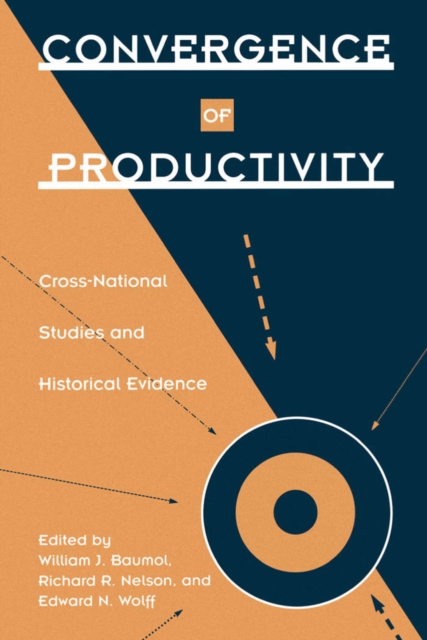
Convergence of Productivity : Cross-National Studies and Historical Evidence PDF
Edited by William J. Baumol, Richard R. Nelson, Edward N. Wolff
Description
This comprehensive study is a collection of original articles that view the current state of knowledge of the convergence hypothesis.
The hypothesis asserts that at least since the Second World War, and perhaps for a considerable period before that, the group of industrial countries was growing increasingly homogeneous in terms of levels of productivity, technology and per capita incomes.
In addition, there was general catch up toward the leader, with gradual erosion of the gap between the leader country, the U.S., throughout most of the pertinent period, and that of the countries lagging most closely behind it. The book examines patterns displayed by individual industries within countries as well as the aggregate economies, various influences that underlie the process of convergence that seems to have occurred, and the role that convergence has played and promises to play in the future of the newly industrialized nations and the less developed countries.
Much of the analysis is set in a historical perspective, with particular attention paid to the record following World War II.
The prestigious editors conclude that increasing productivity is the key to rising living standards in a globalized marketplace.
Contributors include: Moses Abramovitz, Alice M. Amsden, Magnus Blomstrom, David Dollar, Takashi Hikino, Gregory Ingram, William Lazonick, Frank Lichtenberg, Robert E.
Lipsey, Angus Maddison, Gavin Wright, and Mario Zejan.
Information
-
Download - Immediately Available
- Format:PDF
- Publisher:Oxford University Press
- Publication Date:30/06/1994
- Category:
- ISBN:9780195359268
Information
-
Download - Immediately Available
- Format:PDF
- Publisher:Oxford University Press
- Publication Date:30/06/1994
- Category:
- ISBN:9780195359268






